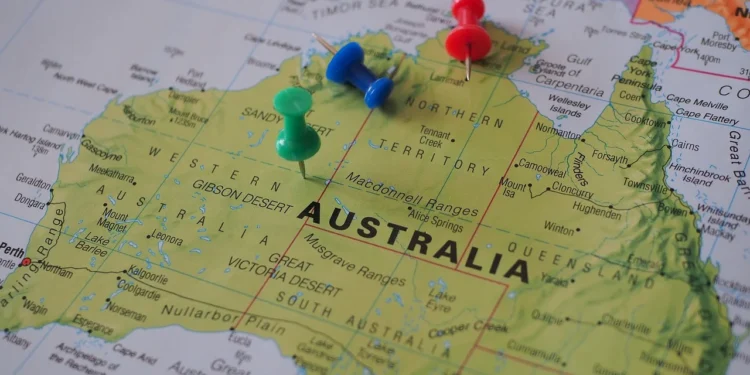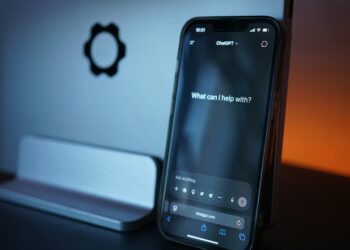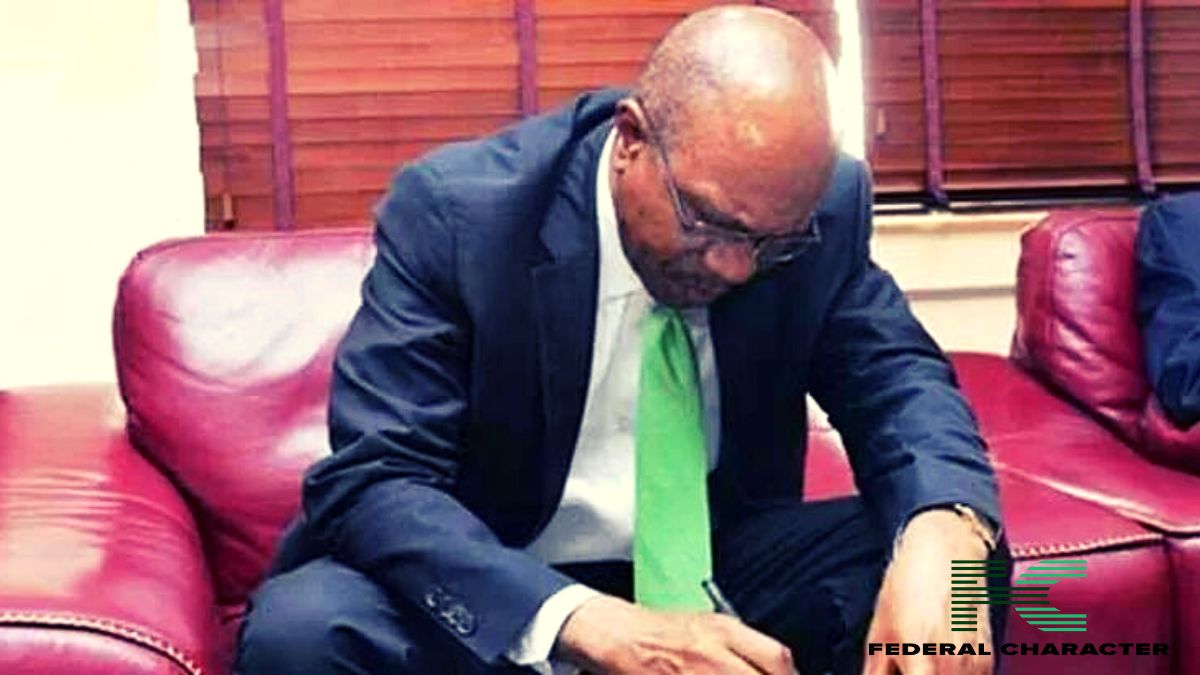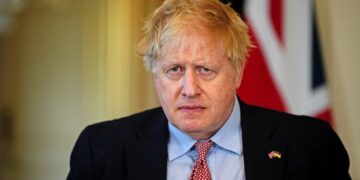According to the Australian Prime Minister, Anthony Albanese on Thursday, the government will legislate for a ban on social media for children under 16 as part of “world-leading” measures that could become law in late 2025.
Australia is courting an age-verification system to help in its efforts to block children from accessing social media platforms. These measures have come to be considered as one of the toughest controls imposed by any country to date.
“Social media is doing harm to our kids and I’m calling time on it,” Albanese had said during a news conference.
The PM further cited the risks to physical and mental health of children from unrestricted social media use, in particular the risks to girls from negative depictions of body image, and misogynist content aimed at boys.
“If you’re a 14-year-old kid getting this stuff, at a time where you’re going through life’s changes and maturing, it can be a really difficult time and what we’re doing is listening and then acting,” he further added.
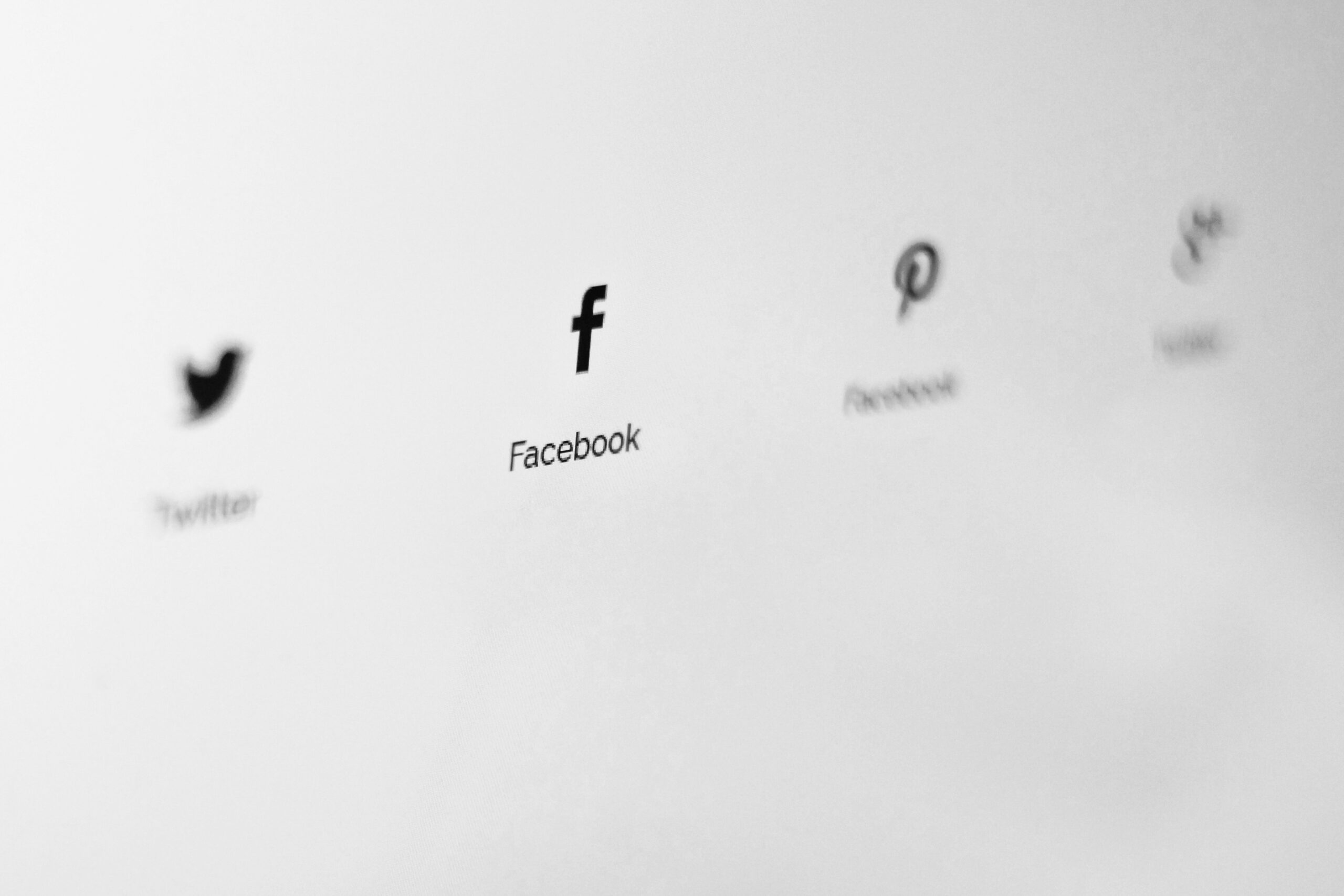
Several countries have already pledged to restrict social media use by children through legislation, but so far, Australia’s policy is one of the most stringent.
No administration so far, has attempted using age verification methods like biometrics or government identification to enforce a social media age cut-off, two of the methods Australia is being trialed.
In addition, Australia’s other world-first proposals are the highest age limit set by any country, with no exemption made for parental consent and no exemption for pre-existing accounts.
The legislation will be institued into the Australian parliament this year, with the laws coming into effect 12 months after being approved by lawmakers, according to Albanese.
The opposition Liberal Party also expressed its support for a ban.
If the ban is approved, there will be no exemptions for children who have parental consent, or who already have accounts.
Communications Minister Michelle Rowland, said platforms affected would include Meta Platforms’ (Instagram and Facebook), Bytedance’s TikTok and Elon Musk’s X.
Alphabet’s YouTube may likely also fall within the scope of the legislation, Rowland added.
The Digital Industry Group, a representative body which includes Meta, TikTok, X and Alphabet’s Google as members, has however, expressed doubts over this proposal, saying the measure could encourage young people to explore darker, unregulated parts of the internet while cutting their access to support networks.
The DIGI Managing Director Sunita Bose said;
“Keeping young people safe online is a top priority … but the proposed ban for teenagers to access digital platforms is a 20th Century response to 21st Century challenges.”
“Rather than blocking access through bans, we need to take a balanced approach to create age-appropriate spaces, build digital literacy and protect young people from online harm.”
In 2023, France proposed a ban on social media for those under 15, although users were able to avoid the ban with parental consent.
In the U.S, tech companies have tor decades, required parental consent to access the data of children under 13.

